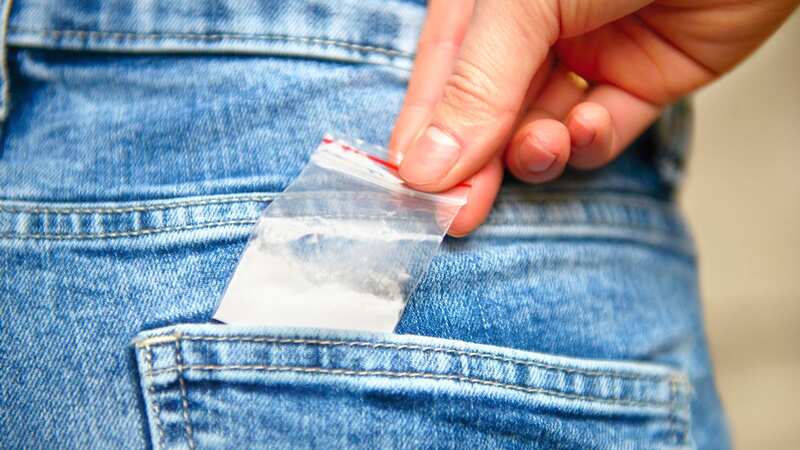Switzerland considers legalising cocaine for recrational use in world-first

Switzerland is considering legalising cocaine for recreational use as it says the "war on drugs has failed."
A proposed pilot scheme, similar to a current trial allowing cannabis to be sold in pharmacies, is being considered by Bern's governing council. The city's parliament has supported the idea, but it would still need to overcome opposition from the city government and would also require a change in national law. Switzerland has one of the highest rates of cocaine use in Europe, according to tests. Prices for the drug in Switzerland have also halved over the past five years.
Eva Chen, a member of the Bern council from the Alternative Left Party who co-sponsored the proposal, said: "The war on drugs has failed, and we have to look at new ideas. Control and legalisation can do better than mere repression. We are still far away from potential legalisation, but we should look at new approaches. We are calling for a scientifically supervised pilot scheme trial."
Metabolites measured in wastewater in Zurich, Basel, and Geneva place each of the cities in the top 10 for cocaine use across the continent. Bern, Switzerland's fifth-most populous city, has also shown significantly increased usage.
In the US, Oregon's first-in-the-nation law decriminalised the possession of small amounts of heroin, cocaine and other illicit drugs in favour of an emphasis on addiction treatment. When the law was approved by 58% of Oregon voters three years ago, supporters championed it as a revolutionary approach that would transform addiction by minimising penalties for drug use and investing instead in recovery.
 Possession of heroin and cocaine no longer a crime in province in radical move
Possession of heroin and cocaine no longer a crime in province in radical move
But even top Democratic lawmakers who backed the law, which will likely dominate the upcoming legislative session, say they’re now open to revisiting it after the biggest increase in synthetic opioid deaths among states that have reported their numbers. The cycle of addiction and homelessness spurred by fentanyl is most visible in Portland, where it’s not unusual to see people shooting up in broad daylight on busy city streets.
Measure 110 directed the state’s cannabis tax revenue toward drug addiction treatment services while decriminalizing the possession of so-called "personal use" amounts of illicit drugs. Possession of under a gram of heroin, for example, is only subject to a ticket and a maximum fine of $100 (£79). Those caught with small amounts of drugs can have the citation dismissed by calling a 24-hour hotline to complete an addiction screening within 45 days, but those who don’t do a screening are not penalized for failing to pay the fine. In the first year after the law took effect in February 2021, only 1% of people who received citations for possession sought help via the hotline, state auditors found.
Read more similar news:
Comments:
comments powered by Disqus

































